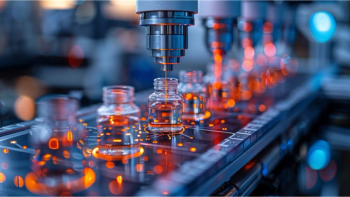
ASD, Inc. Named to Inc. 5000 List for Second Consecutive Year
Inc. Magazine has named ASD to their Inc. 5000 list for the second consecutive year.
Inc. Magazine has included ASD Inc. among the 5,000 fastest growing privately held companies in the country for the second consecutive year. ASD was ranked No. 3893 overall on the 2008 Inc. 5,000 list, and 97th in the Top 100 Electronics and Computer Companies list with a three-year sales growth of 76.9%.
Dave Rzasa, President and CEO of ASD, said "Our success is the result of our world-class team addressing customer needs in process control and scientific instrument markets."
The 5000 companies that made the list reported aggregate revenue of $185 billion and median three-year growth of 147 percent. Most importantly, the 2008 Inc. 5000 companies were engines of job growth, having created more than 826,033 jobs since those companies were founded. Complete results of the Inc. 5000, including company profiles and a list of the fastest-growing companies that can be sorted by industry and region can be found at www.inc5000.com.
Newsletter
Get essential updates on the latest spectroscopy technologies, regulatory standards, and best practices—subscribe today to Spectroscopy.




